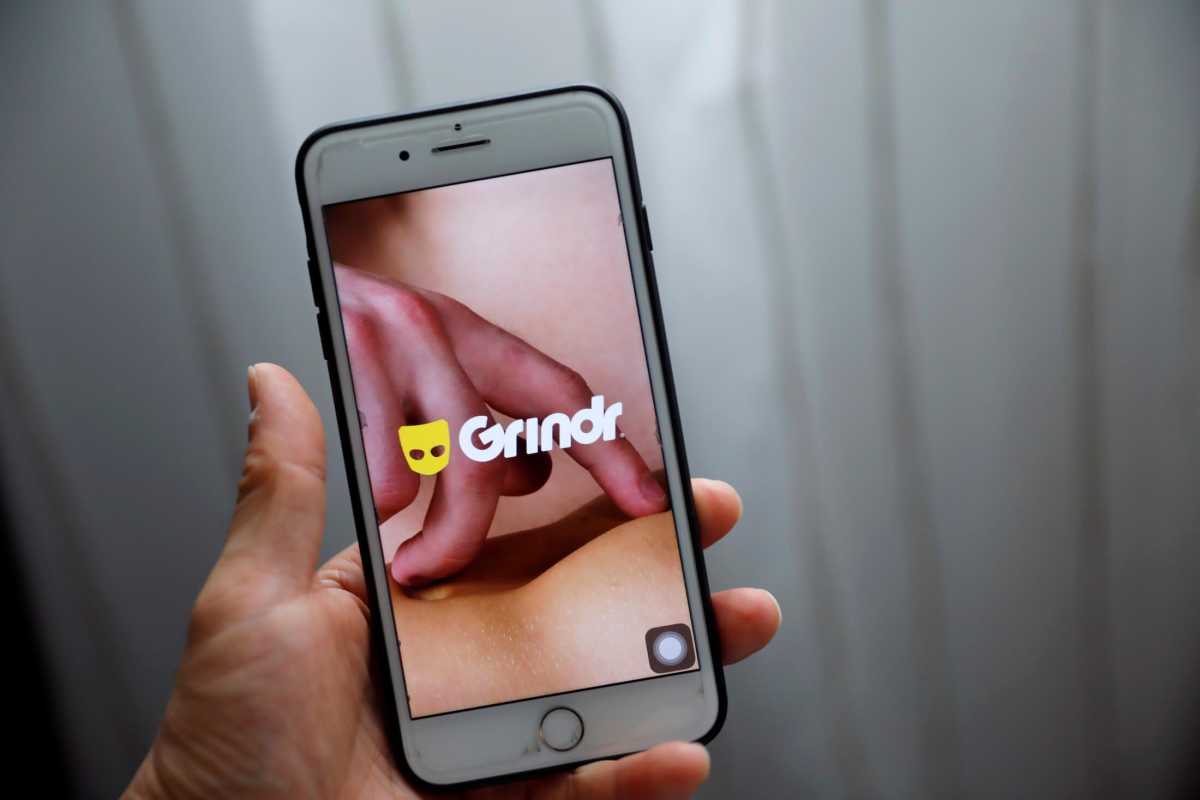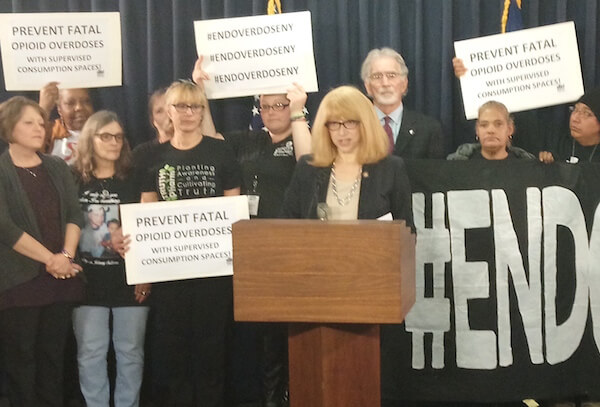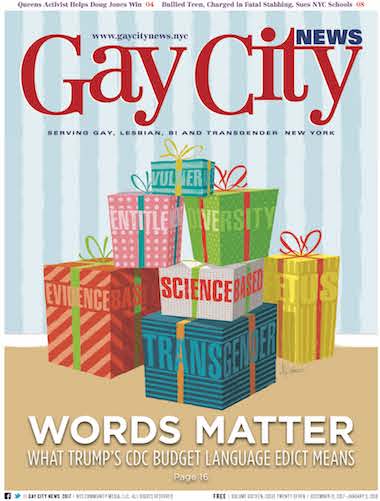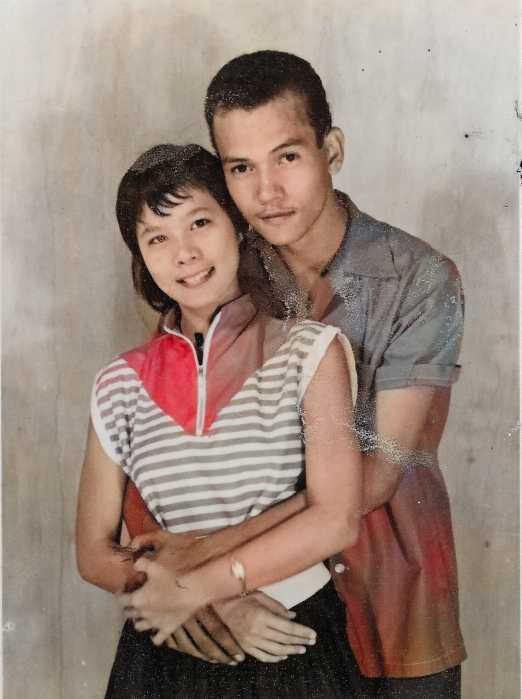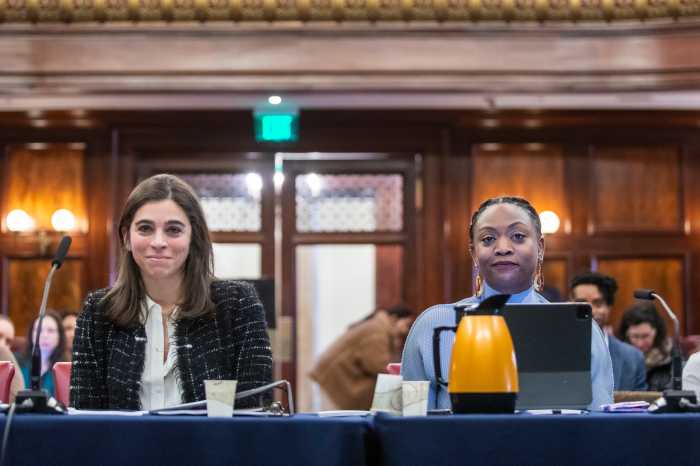Gay men in Morocco are fearing for their lives after as many as 100 were outed by individuals who tracked down their locations on gay dating apps.
The wave of outings, which were encouraged by a prominent Moroccan transgender social media influencer, have especially instilled anxiety in the nation’s queer community because of Morocco’s anti-LGBTQ culture and laws that call for up to three years behind bars for “lewd or unnatural acts with an individual of the same sex.”
A New York City-based gay activist has since stepped in to assist victims, but much damage is already done: According to one report by Moroccan news outlet Le Desk, one outed victim died by suicide, while others have been booted from their homes in the middle of the coronavirus pandemic.
Multiple publications, including The New York Times and the BBC, reported that the social media icon Naoufal Moussa faced online abuse of her own on April 13. In an effort to prove a point that there are more LGBTQ individuals in Moroccan society than previously believed, she then encouraged women to download gay dating apps like Grindr and Planet Romeo and create fake profiles. Many individuals followed her advice and located many queer men who were in close proximity to them.
The mass outing idea originated when a 22-year-old, only identified by The New York Times as Yassine, appeared on an Instagram Live video with Moussa. To his surprise, Moussa — who has aggressively stressed that LGBTQ people need to come out — pushed him to reveal that he is gay and threatened to show photos of him with another man, sending his life into a tailspin. Yassine was living with a family member, but has since been forced out of that living arrangement and rented an apartment with his savings, according to The Times.
“Everybody is sending the video and saying bad things about me,” Yassine told The Times. “My mom, also, she’s very sad. She’s not talking to me anymore. My friends at the gym, friends I went to school with — they all blocked me.”
Many criticized Moussa for outing Yassine — especially when he was not prepared — and reported her Instagram account. It was then that Moussa opted to encourage folks to out gay men via dating apps. People who downloaded the app then took photos from the accounts of gay men and posted them on Facebook.
Queer groups in Moroco are encouraging gay men to be cautious on gay dating apps in the aftermath of the outings.
“We ask all the gay men in Morocco, especially those living with their family during this lockdown, to disable their Grindr account,” stated an April 27 post on a Facebook page called The Moroccan LGBT Community. “Things might get even worst [sic] in the month of Ramadan!”
An administrator of that Facebook page, Samir el Mouti, told Gay City News that gay men have been reaching out to privately share their stories of homophobia following the outings. To date, the administrators have not heard of any gay men being prosecuted by authorities.
“We have not received any kind of information about the arrests of gay men; most of the sources we get are from people who were directly affected by the situation and so far no one has contacted us about any kind of arrest,” el Mouti wrote in a Facebook message to Gay City News. “With the lock down it is not easy to get information about arrests. So far, gay men [have] asked for help as they had to leave their parents’ homes as result of being outed.”
Also compounding victims’ fears is the lack of protection for those who are gay. Because Morocco lacks nondiscrimination or hate crime protections for queer people, those who are facing abuse say they are left to fend for themselves because they are not getting assistance from authorities like they would in at least some other countries.
Adam Eli, an activist who founded the LGBTQ Voices4 group in New York, connected with Moroccan queer rights advocates to help get Moussa’s Instagram account suspended as an immediate action toward protecting the nation’s queer community.
“For now the account has been suspended, and already a new one has popped up,” Eli told The New York Times. “We did not solve the issue of queer-phobia in Morocco. However, we showed a bunch of young queer people, who are scared and in quarantine, that they are not alone, that they have the force of the international queer community behind them.”
As of the afternoon of April 29, Moussa’s Instagram account remained down.
“The link you followed may be broken, or the page may have been removed,” reads a note on a link to her account.
Eli did not return a message seeking comment for this story.
Grindr’s press team did not immediately return requests for comment for this story on April 29.
To sign up for the Gay City News email newsletter, visit gaycitynews.com/newsletter.

